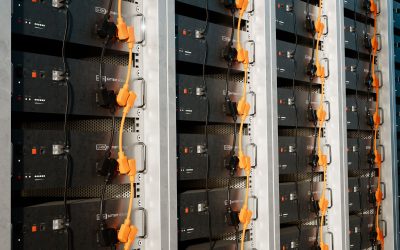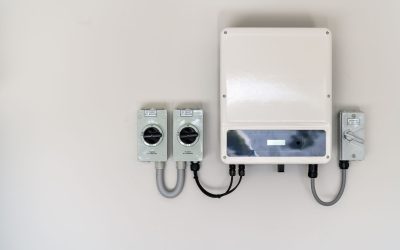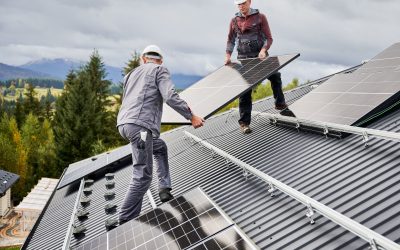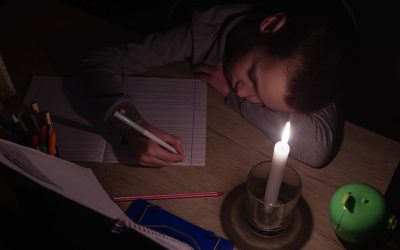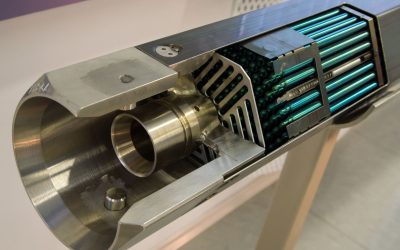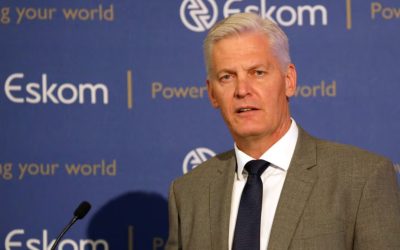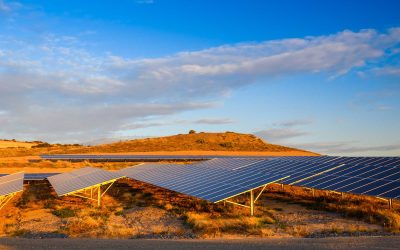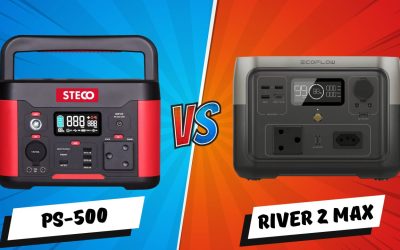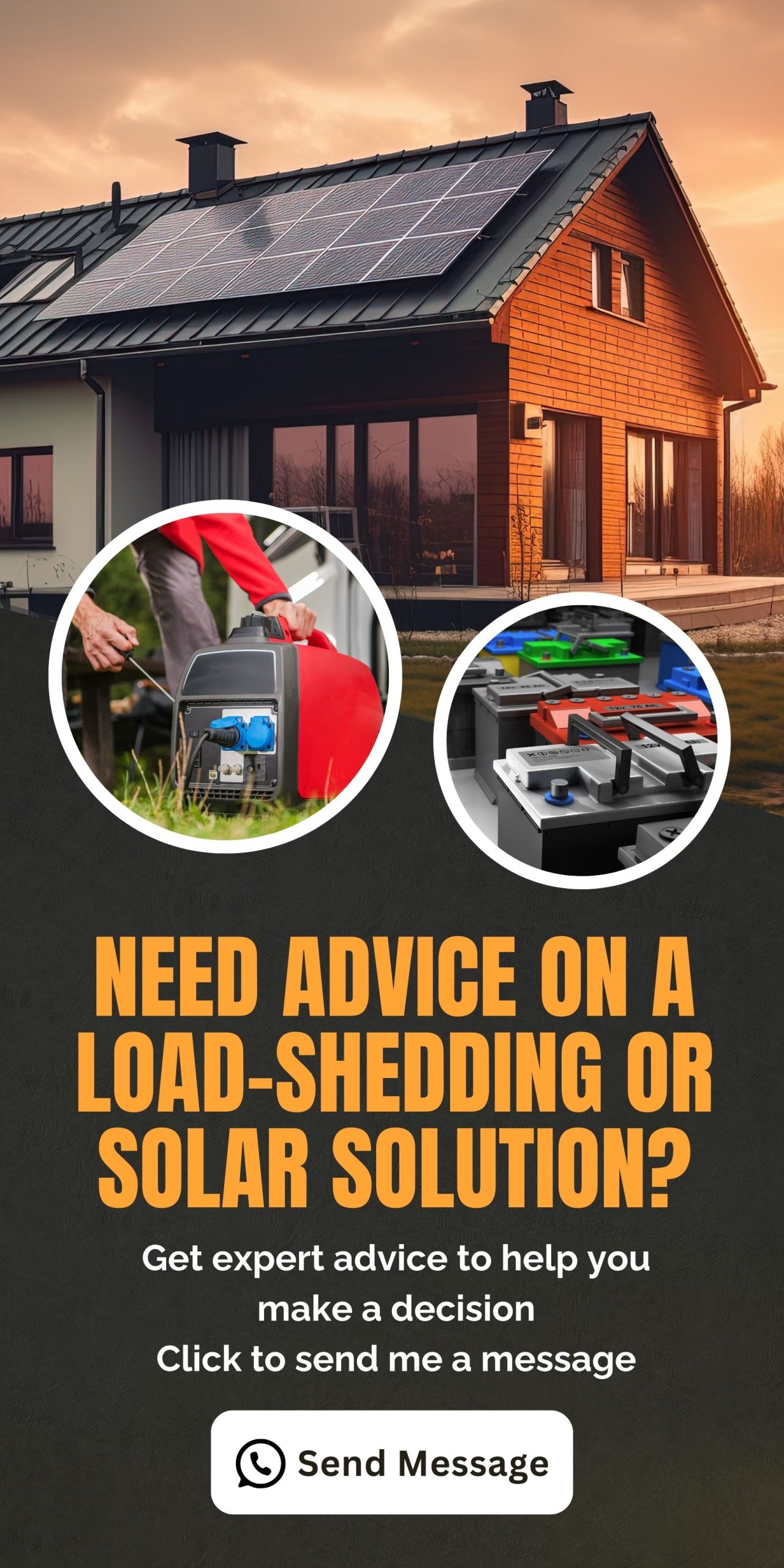According to BusinessDay [1] Tshwane’s city council has taken steps to lease Pretoria West and Rooiwal power stations to independent power producers (IPPs). This, of course, is an effort to reduce load shedding in the city.
The power stations have been producing very little power—just enough to keep them functional. A large investment would be needed to get them to produce at maximum capacity, which the city doesn’t have. Hence the move to lease the power stations.
A Risky Investment
If I was on the IPP side of this deal, I would be nervous. Renewable energy is dropping in cost at a very rapid pace. Flexible generation technology, like batteries and hydrogen, is also becoming very competitive. We’re not far from being able to supply the entire country’s energy needs from solar, wind, batteries, and hydrogen.
It’s not clear how Tshwane will purchase this electricity for distribution. Whoever is investing in the revamp of these power stations needs to be 110% sure that Tshwane will pay for the electricity, even when significantly cheaper options become available.
Let’s not forget that Tshwane owes Eskom over R 4 billion for electricity purchases [2]. Who’s to say that they won’t rack up a big tab with the new tenants of these power stations?
The Green Agenda
Also, whether we agree with the climate change rhetoric or not, the world is moving away from fossil fuels. In keeping with carbon goals, banks have reduced or eliminated any loans for coal-fired power plants. At least two major banks plan to be net-zero on all financed emissions by 2050. A 40-year lease on these power stations does not fit that agenda.
In light of the current financial and environmental atmosphere, again I say, I’d be nervous to be on the IPP side of this deal.
Wheeling Power
To reduce load shedding, one thing that Tshwane can and should do is reduce the cost of wheeling. They should also incentivise wheeling during peak demand.
Wheeling is an arrangement between a power producer and an off-taker with no direct electrical connection. For example, you could have a solar farm in Donkerhoek supplying power to a factory in Silverton. The solar farm and the factory would not be directly connected. They would be far apart. The solar farm puts that power onto the grid and the municipality credits that power to the off-taker. The municipality charges a fee, per unit of electricity (kWh), for this arrangement.

This allows for private investment into generation infrastructure, which benefits the city. It allows for competitive pricing of electricity for off-takers. And, in the case of solar power, it allows off-takers to benefit from green power without having to use their own roof space.
Wheeling More Affordably
Tshwane charges about 72c per kWh wheeled. If you have a solar plant producing power at, say, 50c per kWh, this brings the total cost to at least R1.23. Plus, as an IPP you still would want to add a markup to this to make a profit. Depending on the time of day and the time of year, this cost is far higher than some of Tshwane’s electricity tariffs. No off-taker would want to buy electricity at a higher price than what Tshwane charges. No IPP would build a plant without customers.
If Tshwane reduced the wheeling fee, we would see more power plants go up. In addition, if wheeling during peak times was particularly cheaper, these power plants would be built to supply that need. The overall effect would be increased total capacity and less load shedding.
I’m really interested to see what becomes of these power stations. Who knows, perhaps the IPPs have some tricks up their sleeves that will bring a positive change to the city’s power situation.
Also read: Load Shedding: Private and National Solutions
[1] Ernest Mabuza. 25 January 2024. “Tshwane to lease two power stations to independent power producers” https://www.businesslive.co.za/bd/national/2024-01-25-tshwane-to-lease-two-power-stations-to-independent-power-producers/ (Accessed 27 January 2024)
[2] SA News. 13 December 2023. https://www.sanews.gov.za/south-africa/municipal-debt-significant-challenge-says-eskom (Accessed 27 January 2024)
[3] Eskom. “What you need to know about wheeling of electricity”. https://www.eskom.co.za/distribution/tariffs-and-charges/wheeling/ (Accessed 28 January 2024)



